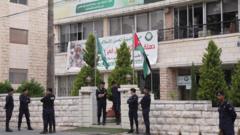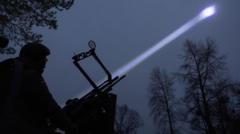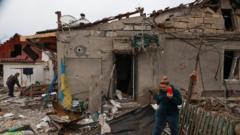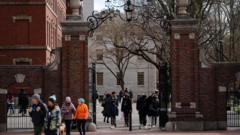In a decisive move, Jordan's Interior Minister Mazen al-Faraya announced a comprehensive ban on the Muslim Brotherhood, underscoring this mandate with the closure of the group's offices and the confiscation of its assets. This decision follows the arrest of 16 individuals linked to purported plans for drone and rocket attacks against national security, claims supported by intelligence operations. The Brotherhood, through its political arm, the Islamic Action Front (IAF), has disclaimed any affiliation with these alleged schemes. Historically, the group has faced legal challenges in Jordan, with a ruling in 2020 declaring its dissolution due to unresolved legal status, although the IAF has continued to participate in political processes, maintaining a presence in parliament.
**Jordan Imposes Ban on Muslim Brotherhood Following Arrests Related to Attack Schemes**

**Jordan Imposes Ban on Muslim Brotherhood Following Arrests Related to Attack Schemes**
Jordanian authorities have enacted a ban on the Muslim Brotherhood amidst allegations of planned attacks, raising questions about the impacts on the group's political activities.
While the arrests and subsequent ban signal a significant crackdown, it is unclear how these developments will affect the IAF's political future and its assertion of independence and legality in its operations. The ongoing tension between security concerns and political participation continues to influence Jordan's complex social landscape.
The Jordanian Interior Ministry's announcement revealed alarming details, stating that the apprehended suspects had engaged in activities intended to disrupt national stability, with reports of weapon caches and infrastructure for manufacturing explosives. Furthermore, al-Faraya claimed that Brotherhood members had attempted to eliminate evidence from their headquarters. Despite these serious allegations, the Brotherhood has maintained its commitment to non-violence and peaceful political engagement. As the situation evolves, it remains to be seen how these developments will shape Jordan's political dynamics and the future of opposition groups within the country.
The Jordanian Interior Ministry's announcement revealed alarming details, stating that the apprehended suspects had engaged in activities intended to disrupt national stability, with reports of weapon caches and infrastructure for manufacturing explosives. Furthermore, al-Faraya claimed that Brotherhood members had attempted to eliminate evidence from their headquarters. Despite these serious allegations, the Brotherhood has maintained its commitment to non-violence and peaceful political engagement. As the situation evolves, it remains to be seen how these developments will shape Jordan's political dynamics and the future of opposition groups within the country.




















